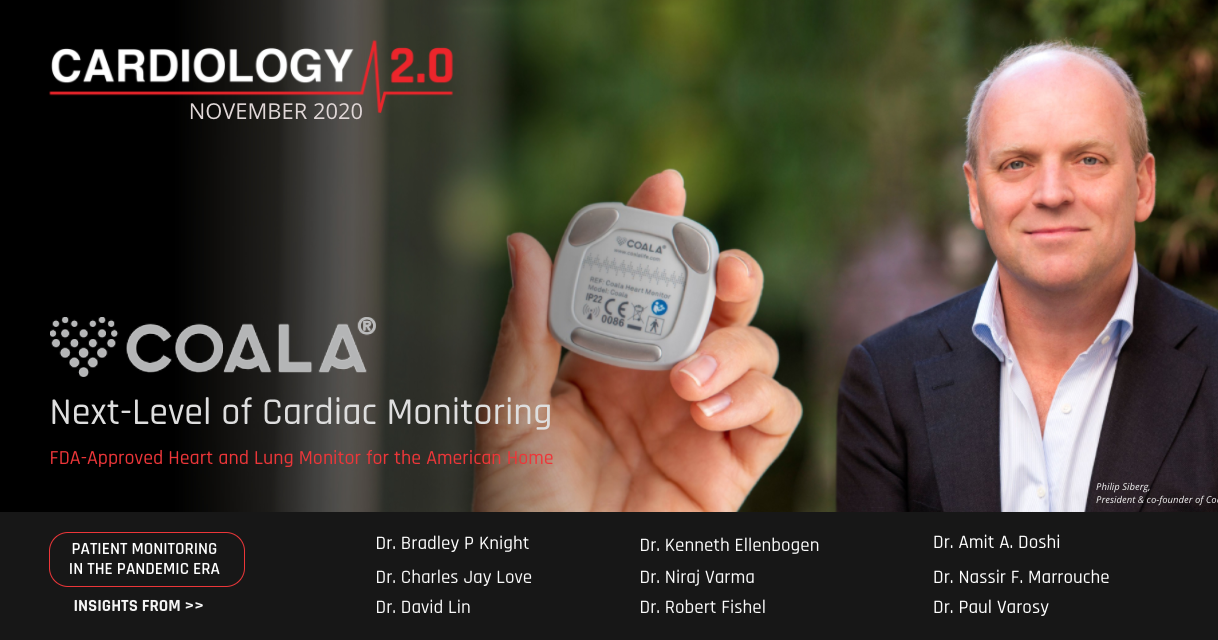
Global biotherapeutics leader CSL Behring today announced that the study design manuscript for its landmark AEGIS-II (ApoA-I Event reducinG in Ischemic Syndromes II) has been published in the American Heart Journal. The Phase 3 trial, which enrolled its first patient in March of 2018, is evaluating the efficacy and safety of CSL112 (apolipoprotein A-I [human]) to reduce the risk of cardiovascular death, myocardial infarction (MI) also known as a heart attack, and stroke in acute myocardial infarction (AMI) patients.
“We know from prior research that infusions of CSL112 produce an immediate enhancement in cholesterol efflux capacity, a measurement of the body’s natural process of removing cholesterol from cells,” said C. Michael Gibson, M.D., M.S., Professor of Medicine at Harvard Medical School, an interventional cardiologist at Beth Israel Deaconess Medical Center and Chairman of the AEGIS-II study. “AEGIS-II will evaluate whether this rapid increase in cholesterol efflux will stabilize plaque and improve outcomes in heart attack survivors.”
Cardiovascular (CV) disease is the leading cause of death globally, with an estimated 800,000 acute MIs occurring each year in the U.S. alone. Patients who survive a heart attack are at high risk of experiencing early recurrent CV events. Approximately 60 percent of first-year recurrent CV events (CV death, heart attack or stroke) occur within the first 90 days following the initial event, with morbidity and mortality associated with both the initial and recurrent events as high as 20 percent in the first year.
“We are proud to have a world-class team in place both at CSL Behring and through our distinguished academic leadership committees to investigate a first-in-class therapy,” said Larry Deckelbaum, Vice President, Research and Development, Cardiovascular and Metabolic Therapeutic Area at CSL Behring. “AEGIS-II is the largest clinical trial ever undertaken by CSL Behring and a testimony to our promise to patients and commitment to innovative solutions that address significant unmet medical needs.”
The AEGIS-II study is a Phase 3, multicenter, double-blind, randomized, placebo-controlled, parallel-group study, which will enroll approximately 17,400 patients from 49 countries. It will evaluate the efficacy and safety of CSL112 compared to placebo in reducing the risk of major adverse CV events (MACE) in patients following a heart attack. The primary efficacy outcome is time to the first occurrence of the MACE composite, which includes CV death, heart attack or stroke, from randomization through 90 days.
Patients eligible for enrollment include adults at least 18 years of age who experienced a type 1 (spontaneous) heart attack, along with multivessel coronary artery disease and the presence of established CV risk factors, including treatment for type 2 diabetes or at least two of the following: age ≥65 years, prior history of heart attack or peripheral arterial disease (PAD).
Participants enrolled will be stratified by the type of the initial heart attack (ST-segment elevation myocardial infarction [STEMI] or non-ST-segment elevation myocardial infarction [NSTEMI]), how the initial heart attack was managed (percutaneous coronary intervention [PCI] or medically managed), and geographic region of the world. Participants will then be randomized using a 1:1 ratio to receive four weekly infusions of either 6g CSL112 or placebo. The study will end at least 365 days after the last participant is randomized.
AEGIS-II is being conducted under the academic leadership of the PERFUSE Group at Beth Israel Deaconess Medical Center, the Duke Clinical Research Institute and the Stanford Cardiovascular Institute.
About the AEGIS Clinical Study Program
Prior to AEGIS-II, results from the Phase 2b AEGIS-I study were published in Circulation. A multicenter, randomized, double-blind, placebo-controlled, dose-ranging study, AEGIS-I met its primary safety endpoints, showing CSL112 did not cause significant changes in liver or kidney function and was well-tolerated when administered to patients who experienced a heart attack. The study also confirmed CSL112’s mechanism of action, cholesterol efflux enhancement, as demonstrated by an immediate, up to four-fold increase compared to baseline in cholesterol efflux capacity.6
An additional Phase 2 trial, published in American Heart Journal, demonstrated renal safety of CSL112 in patients with moderate renal impairment who experienced a heart attack.
"first" - Google News
November 06, 2020 at 12:17AM
https://ift.tt/351qVUP
CSL Behring Publishes Design for First-Ever Outcomes Study of ApoA-I to Reduce Risk of Cardiovascular Events in Heart Attack Patients - Cardiology2.0
"first" - Google News
https://ift.tt/2QqCv4E
https://ift.tt/3bWWEYd
Bagikan Berita Ini















0 Response to "CSL Behring Publishes Design for First-Ever Outcomes Study of ApoA-I to Reduce Risk of Cardiovascular Events in Heart Attack Patients - Cardiology2.0"
Post a Comment